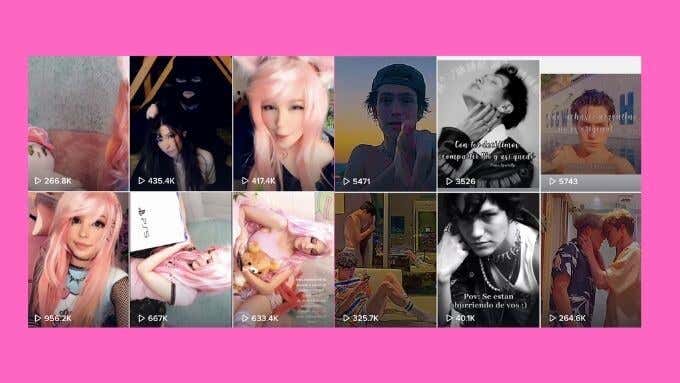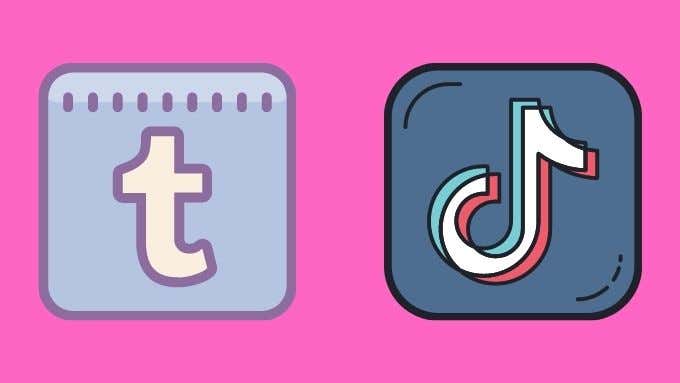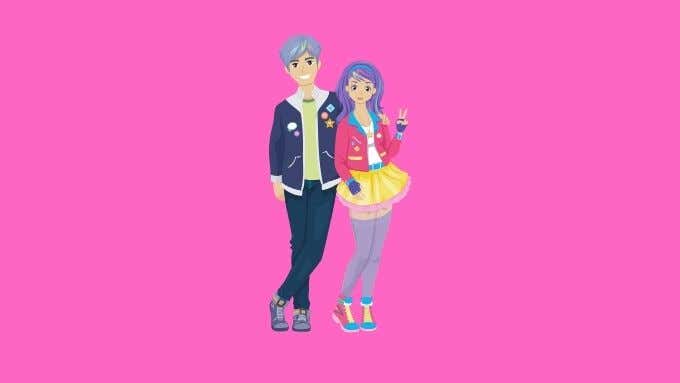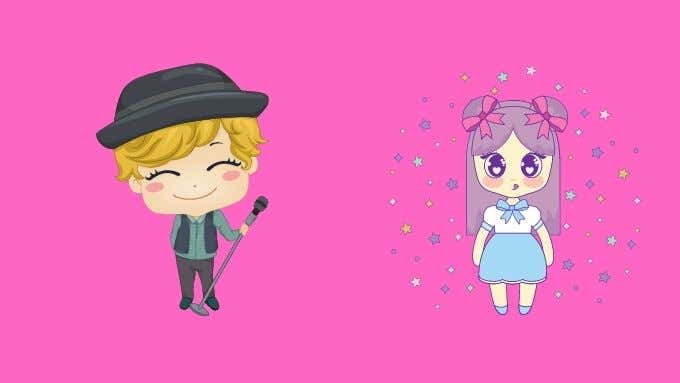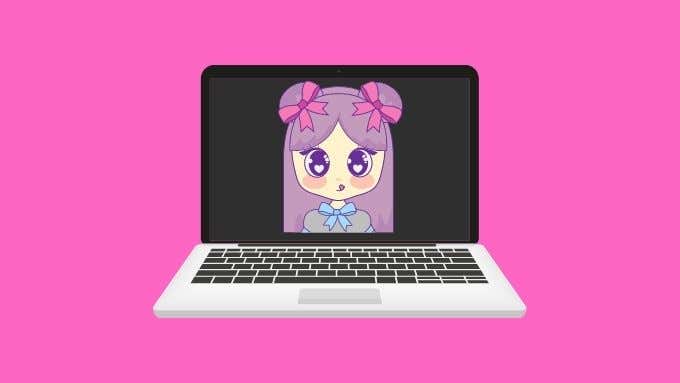If you’ve been confused by the recent talk of “e-girls” and “e-boys” you might benefit from a quick explainer about what these colorful internet personalities are all about.
History and Origin of E-boys and E-girls
E-boys and e-girls are a fairly recent phenomenon. It mainly coincides with the launch of TikTok, which happened in 2018. TikTok is of course a unique short-form video sharing site. A little like the now-defunct Vine, TikTok lets users post 15-second video clips. This format has created new genres of online content and is host to many fads and trends that sweep through the site like a tsunami. It’s in this brave new world of dancing and singing people that e-girls found their true home. It wasn’t long before e-boys would become a distinct variation on the style and culture of e-girls, culminating in this fascinating culture that’s still evolving today. The people who we now know as e-boys and e-girls didn’t just appear out of thin air on TikTok. It seems that Tumblr may have been the incubator for the type of online persona that would eventually become the e-people under discussion here. The term “e-girl” can be traced back to the late 2000s, but it started as a derogatory term for apparently attention-seeking women who hung out online.
Major Influences on E-girl and E-boy Culture
The e-girl and e-boy culture is the result of a long lineage and wide mishmash of different influences. It’s tightly intertwined with other staples of internet culture such as the 4chan image boards (you go there at your own risk!) and other sources of internet memes such as Reddit. There are clear signs of the goth and punk movement, which predate the web by quite some time. Those influences are perhaps filtered through the lens of emo fashion, which was a mainstay of Tumblr and the 2000s as a whole. Apart from those major fashion influences, Japanese cultural media such as anime and manga are clear to see. Especially “kawaii” (cute) culture, which is itself a major force in Japanese pop culture. The rise in popularity of K-Pop (Korean pop music) in the West also had an influence. Although the K-Pop aesthetic is more prevalent on the e-boy side of things. Speaking of music, artists such as Billy Eilish are important contributors to the e-boy and e-girl world. Still, the musical influences are constantly evolving and subject to rapid change.
E-boys and E-girls Are Anti-influencers
One of the main reasons people are suddenly interested in e-girls and e-boys, is an excellent Business Insider article. That article does an excellent job of outlining the culture as a whole, but one part of it is particularly insightful. Author Paige Leskin draws parallels between e-girls and e-boys and counterculture fashion of the punk and goth eras. It’s in part a reaction to the fake, polished world of the Instagram influencer. It’s gritty, dirty and at times more unabashedly sexual. E-boys and e-girls aren’t looking for the mainstream ideal of a perfect life, laying on a beach getting a tan and drinking expensive cocktails. They’re gritty, dirty and anti-establishment.
What’s “Ahegao”?
One common element of the culture when it comes to e-girls is the so-called “ahegao” face. As mentioned above, Japanese anime and manga are a strong influence on the subculture, and that includes the adult content found within the medium. The word “ahegao” roughly means “lewd face” and is basically the exaggerated face made by (mostly) female characters in “hentai” ( adult Japanese animation) when they are in the throes of ecstasy. That now-iconic expression has taken on an ironic, meme-like life of its own and is part and parcel of the e-girl persona. One pioneering contribution to the e-girl trend is an influential online personality named Belle Delphine. While Delphine herself can now be classified as an adult actress, the ahegao face is as embedded in being an e-girl as the “V for victory” sign that stems from kawaii culture. Like so many things that travel across the zeitgeist, there’s a good chance many of the people aping this part of the e-girl style have no idea where ahegao comes from, but there’s no doubt everyone knows it has raunchy undertones.
Recognizing the Aesthetic
Although the terms “girl” and “boy” are used to describe these aesthetics, they aren’t necessarily gendered. Each represents a look that can be adopted by persons of any gender. Defining exactly what these girls and boys look like can be hard, since no two people are going to have exactly the same set of elements. Yet, as with goths and punks, you’ll know it when you see it. E-girls generally have brightly-colored hair or, at least, a brightly-colored wig. This is largely thanks to the influence of Japanese anime on the subculture. Anime characters often have fantastical hair colors such as pink, purple or blue. In terms of clothing, makeup and accessories there’s typically a mix of darker goth and punk inspired items mixed with kawaii elements such as Hello Kitty gear. In terms of makeup the idea is to create a look of vulnerability, youth and, well, general paleness if we’re being honest. E-boys have a distinctive set of hairstyles, which often includes a middle-parting popularized by K-Pop stars. Many of the other fashion elements are shared with E-girls, but there is a greater focus on androgyny and sensitive masculinity.
E-boys and E-girls Only Live On-Screen
For now, at least, e-girls and e-boys are largely confined to their webcams and social media accounts. It’s less likely you will see them in their full getups walking around the supermarket. It’s performative art that goes along with themes such as progressive politics, gender views, and sexual morality. In that sense it’s a bit like drag, where the typical drag queen just looks like a regular person in public, though with shaved eyebrows! Just so, your typical e-girl or e-boy will just look like a regular young person on the street, perhaps with brightly-dyed hair. This may change going forward, as the look goes more mainstream. Which will likely lead to people mimicking the outward look of the subculture without really understanding its meaning. We’ve seen this happen over and over again with other subcultures such as punk, goth and metal fashion. That can end up in uber-mainstream socialites such as the Kardiashians wearing shirts that riff on the heavy metal subculture, without any apparent interest or appreciation for the music that spawned it. So if you ever spot an e-girl or an e-boy in real life, be sure to have a kind word of support for them.
